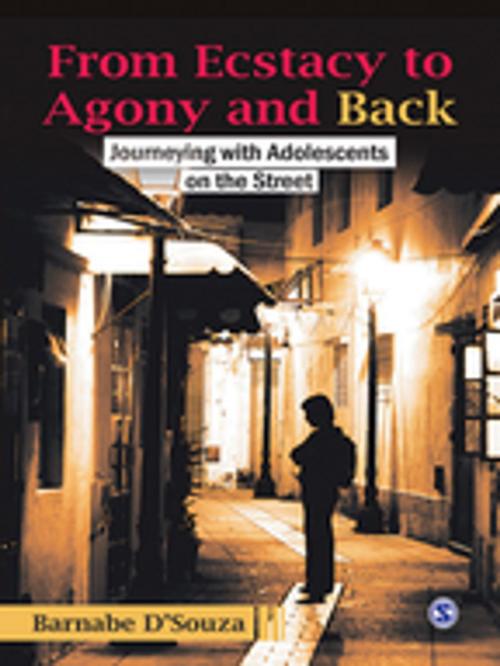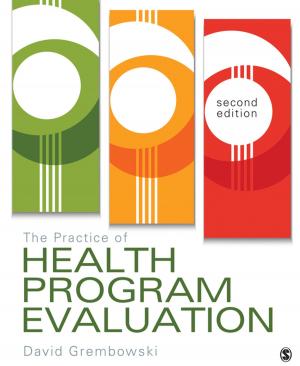From Ecstasy to Agony and Back
Journeying with Adolescents on the Street
Nonfiction, Social & Cultural Studies, Social Science, Social Work| Author: | Barnabe D'Souza | ISBN: | 9788132119067 |
| Publisher: | SAGE Publications | Publication: | March 7, 2012 |
| Imprint: | Sage Publications Pvt. Ltd | Language: | English |
| Author: | Barnabe D'Souza |
| ISBN: | 9788132119067 |
| Publisher: | SAGE Publications |
| Publication: | March 7, 2012 |
| Imprint: | Sage Publications Pvt. Ltd |
| Language: | English |
From Ecstasy to Agony and Back presents the journey of adolescent street drug-addicts-from psychological brokenness resulting from family disruption to the process of mending; from abuse, trauma and vulnerability to building up of self-esteem, talents and personality; and finally to the process of moving off the streets.
Based on the author's experience of working with the street children for over 26 years, the book explores the universe of street children interestingly, yet empathetically. The author discusses laws and policies affecting street children; root causes and their effects on them and their families; and the various stakeholders like agencies, employers, and institutions involved in their care and guidance.
The participatory action research discussed here views children as their own psychologists, creating meanings for themselves out of their own experiences and understanding. By taking ownership of their actions, street children begin to structure their moving off the streets, facilitating their rehabilitation and reintegration into society, thereby improving their status.
From Ecstasy to Agony and Back presents the journey of adolescent street drug-addicts-from psychological brokenness resulting from family disruption to the process of mending; from abuse, trauma and vulnerability to building up of self-esteem, talents and personality; and finally to the process of moving off the streets.
Based on the author's experience of working with the street children for over 26 years, the book explores the universe of street children interestingly, yet empathetically. The author discusses laws and policies affecting street children; root causes and their effects on them and their families; and the various stakeholders like agencies, employers, and institutions involved in their care and guidance.
The participatory action research discussed here views children as their own psychologists, creating meanings for themselves out of their own experiences and understanding. By taking ownership of their actions, street children begin to structure their moving off the streets, facilitating their rehabilitation and reintegration into society, thereby improving their status.















